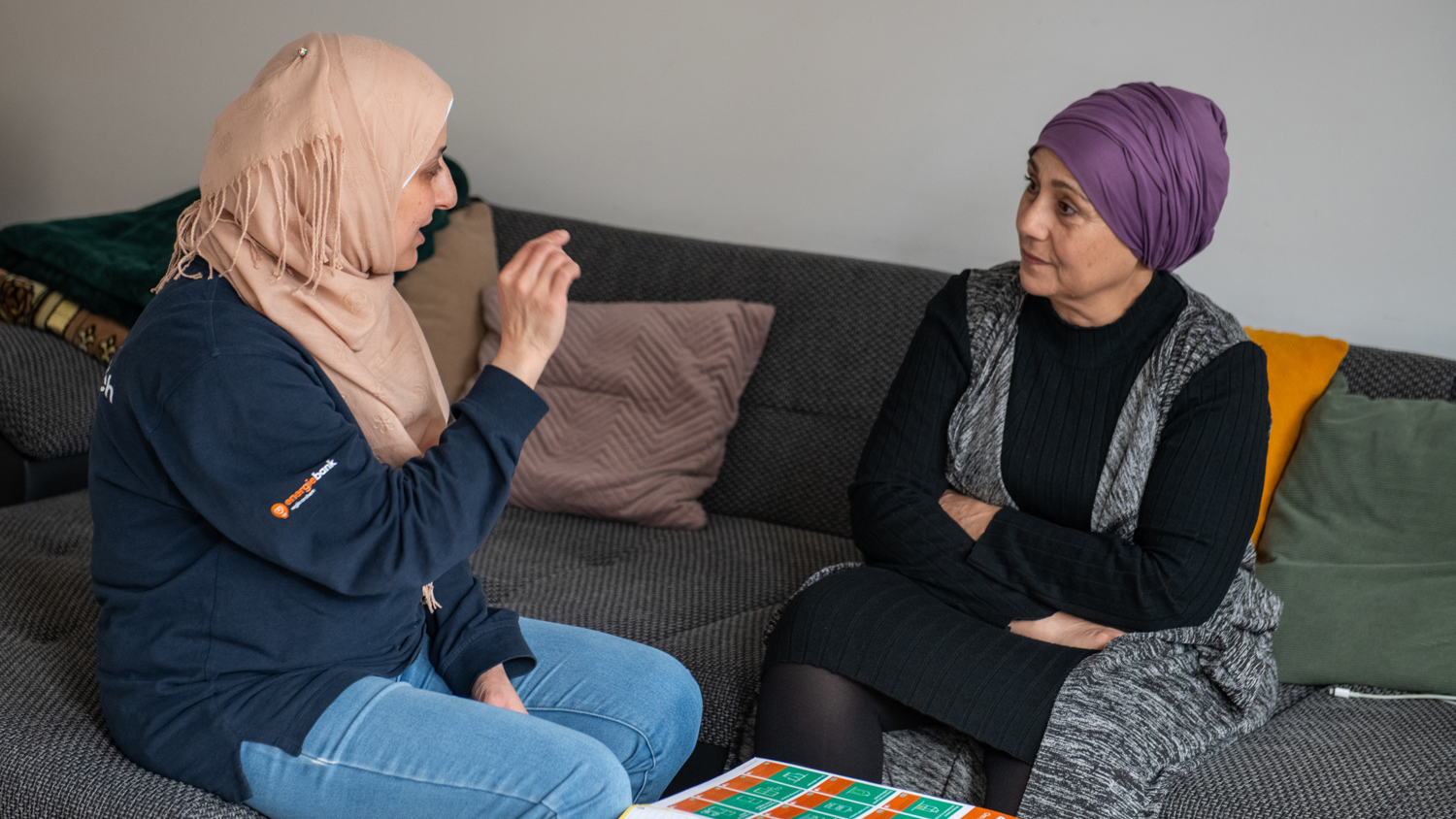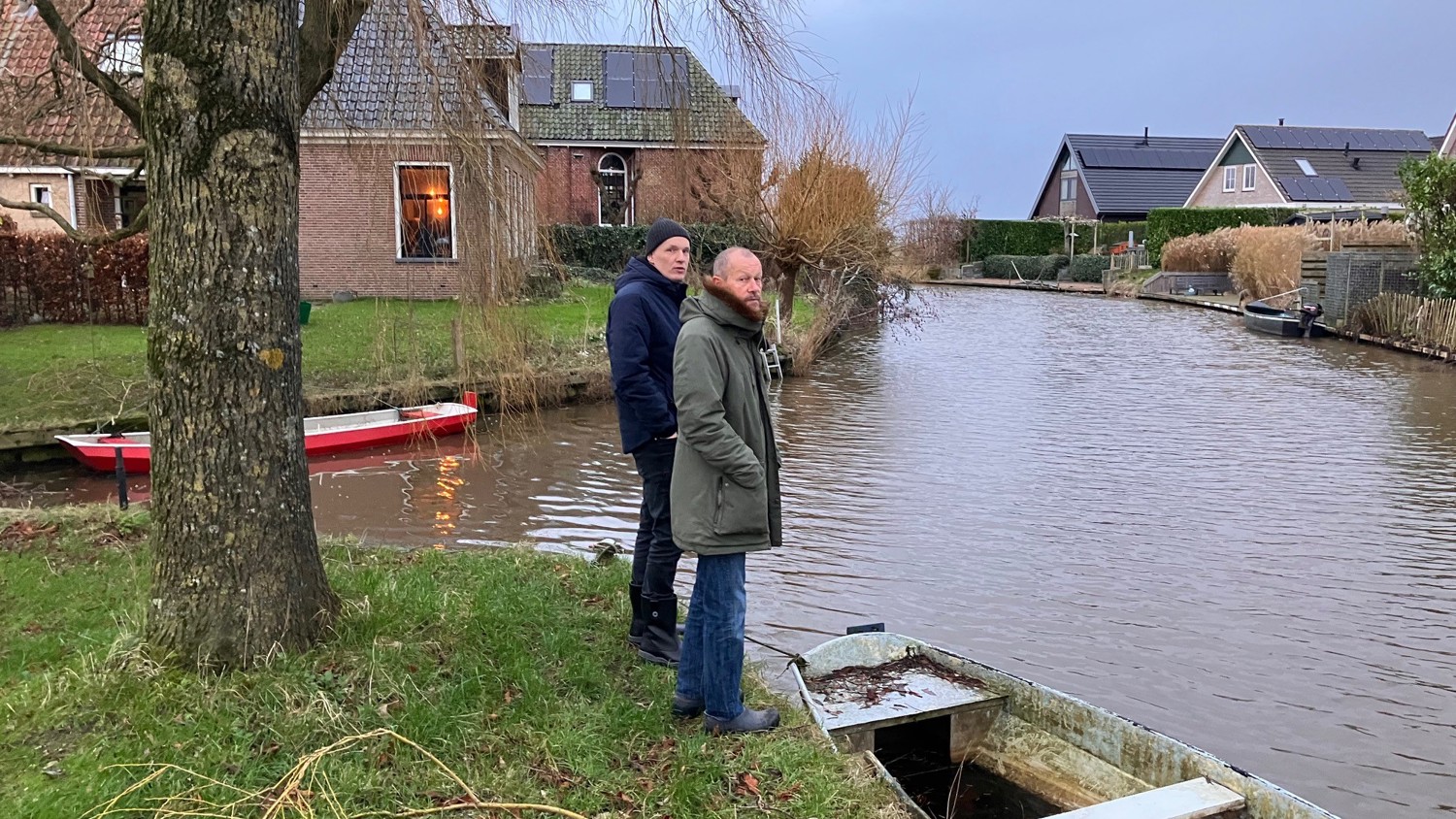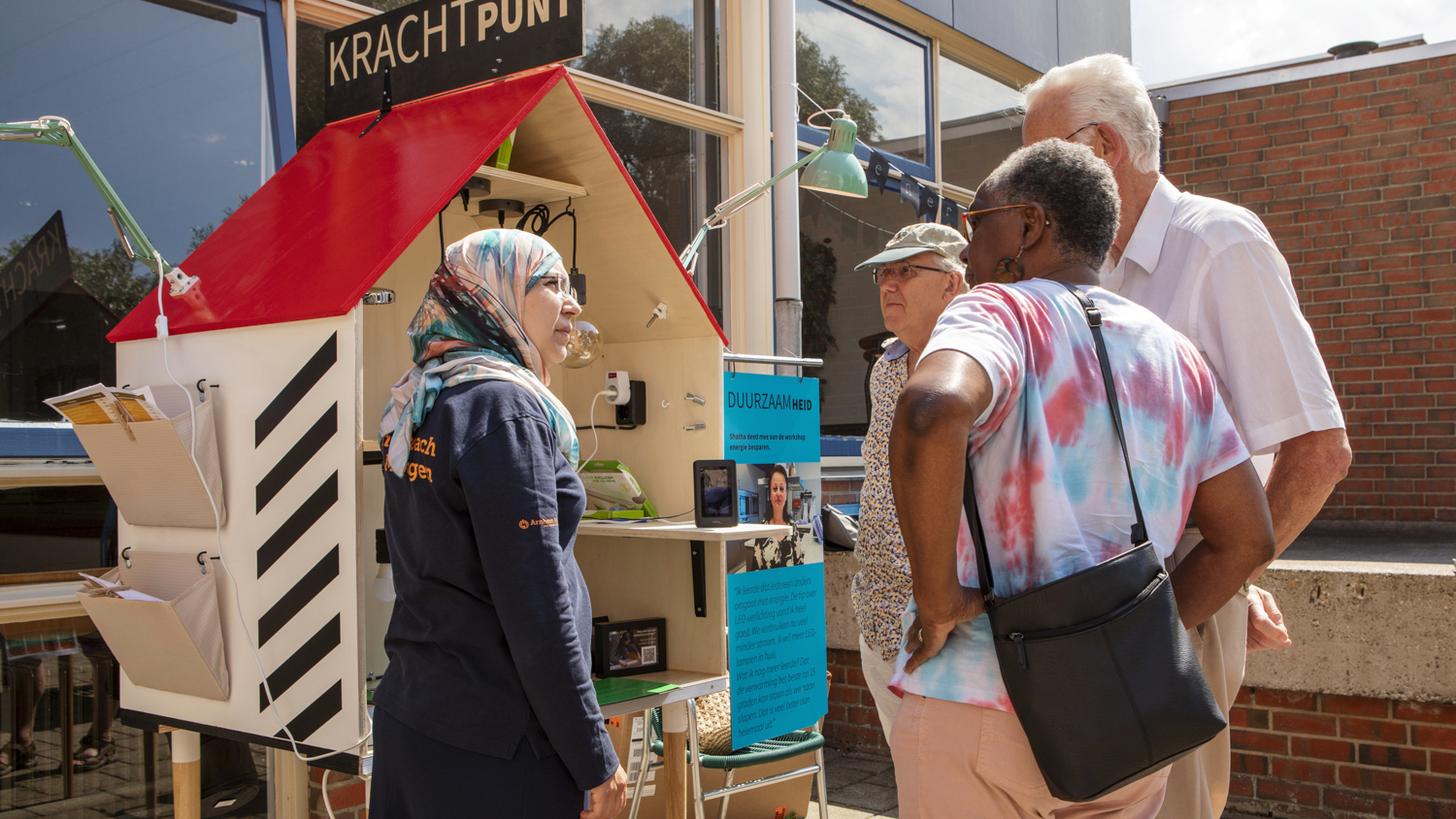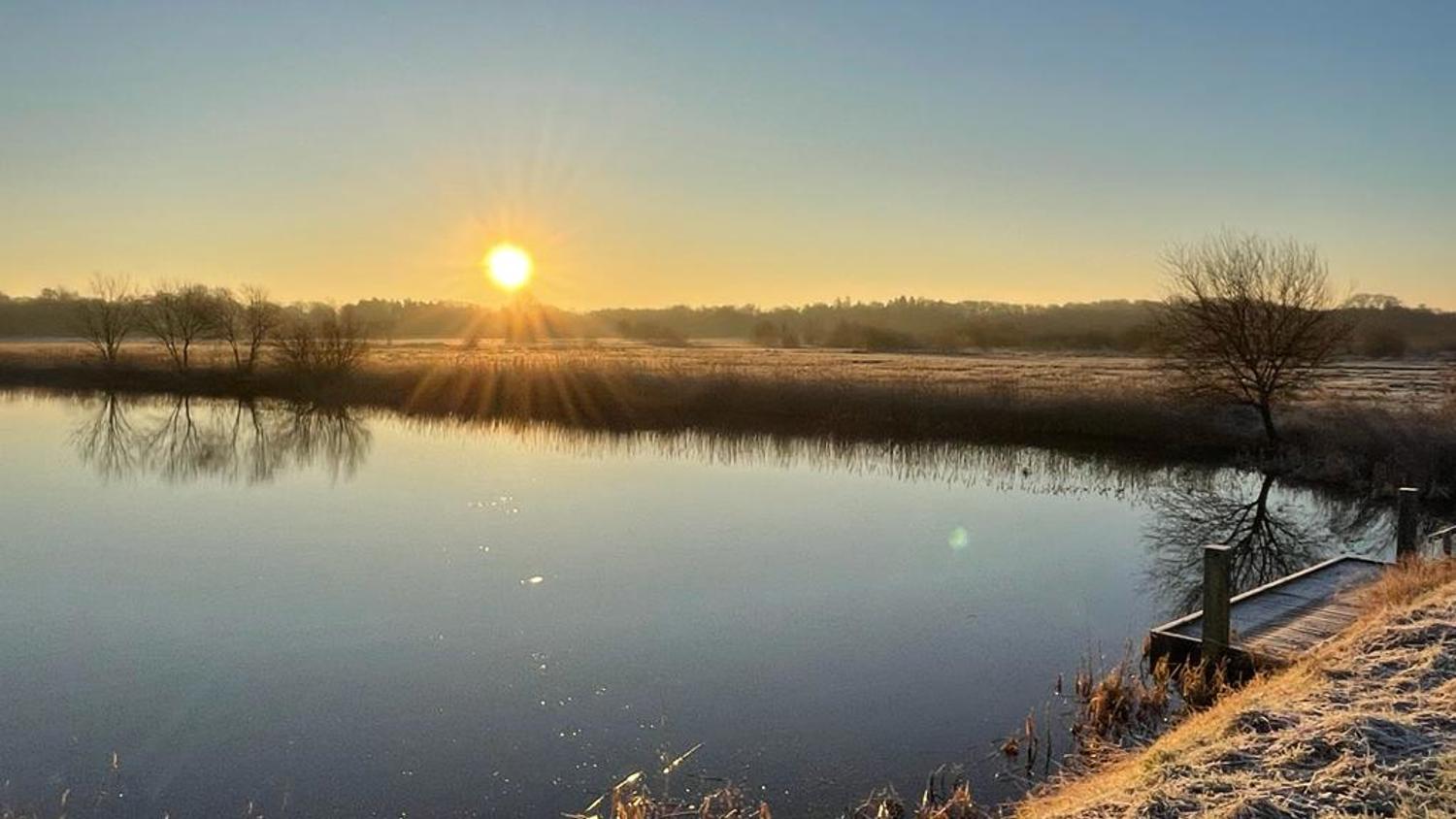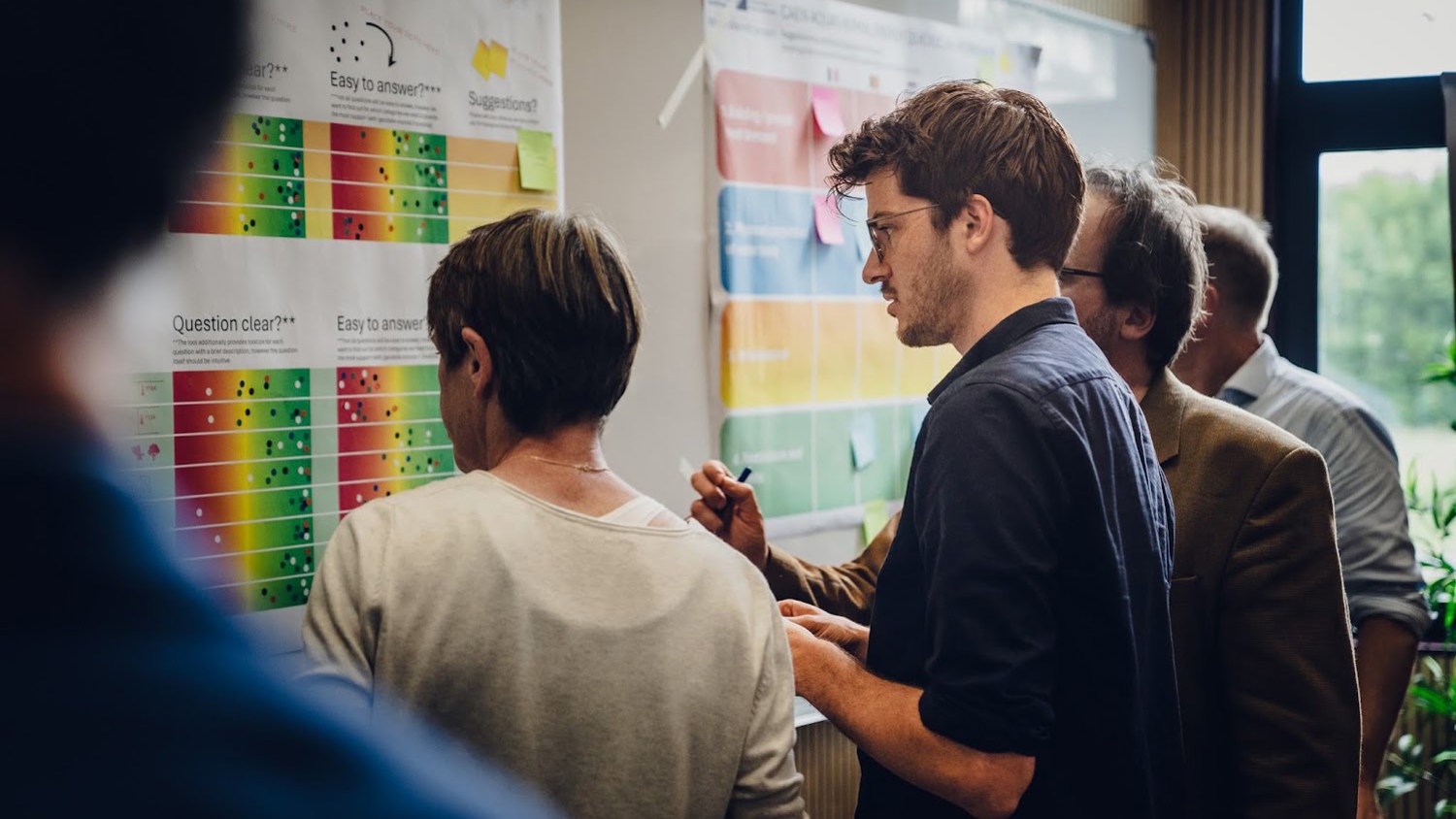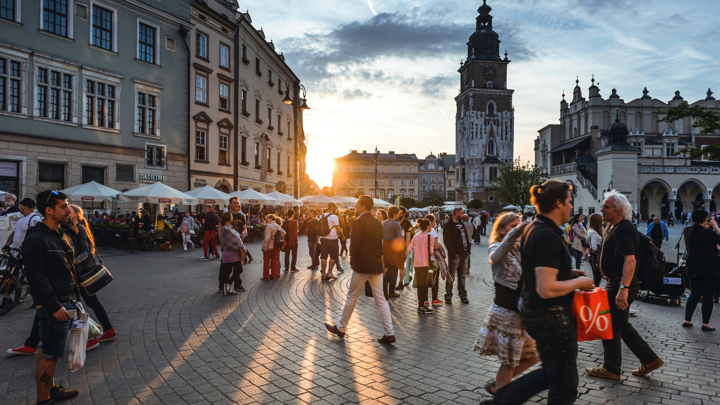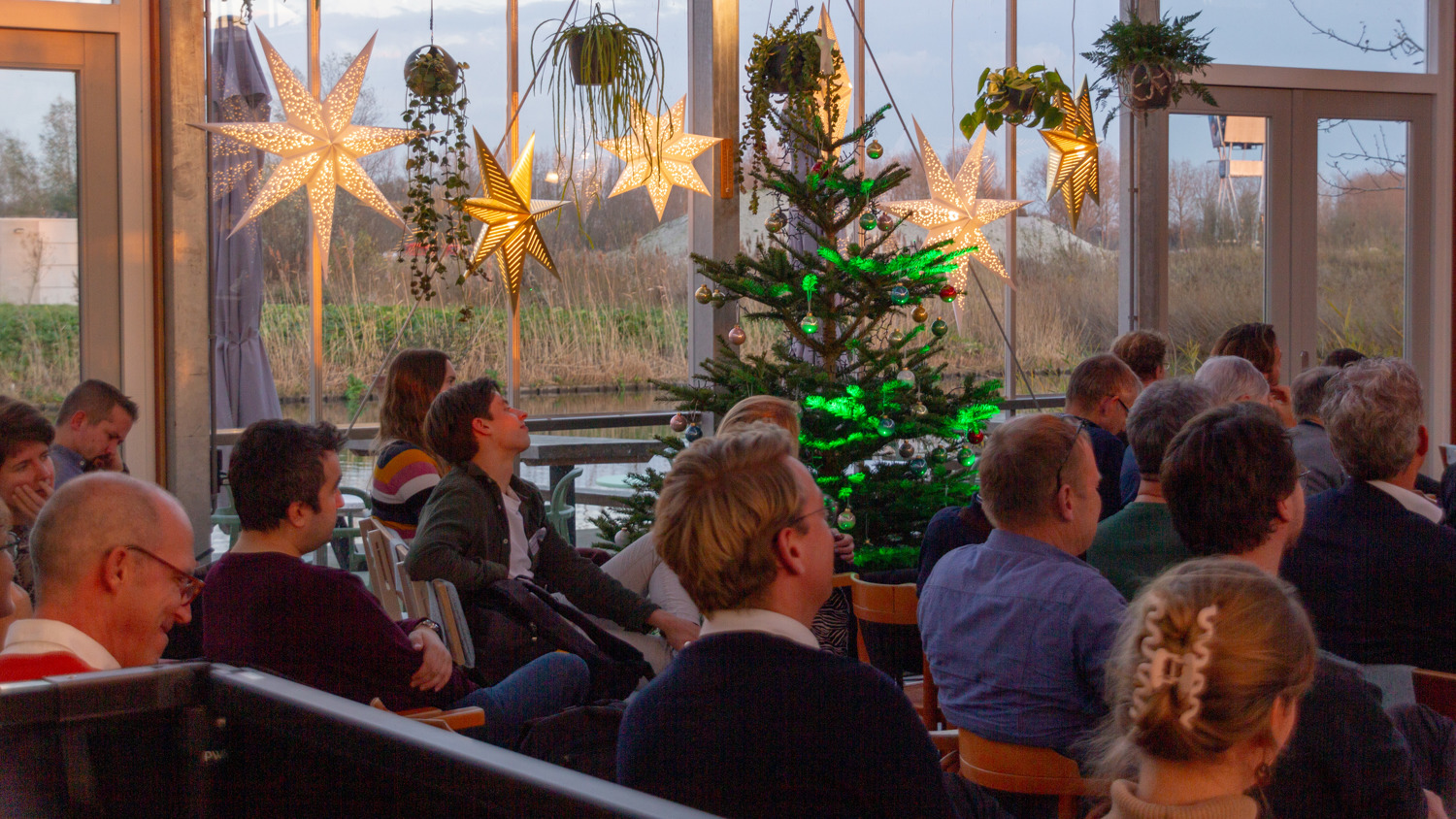
The Dutch communities who pioneer affordable energy
Why communities matter
Salma lives in Presikhaaf, a deprived neighbourhood in the city of Arnhem, with her four children. With a small income, rising energy costs, a badly insulated home and the challenge to meet the needs of four little ones, winters can be cold in her apartment. To keep her energy bill as low as possible, Salma turns down the heating. This way she has more money to spend on food and other necessities by the end of the month. But it also means that she and her kids are often cold and uncomfortable in their home.
Through a community organisation that supports young women and mothers, Salma was recently referred to one of Arnhem’s energy coaches to improve her situation.
Innovative Energy Technologies in Baard
Meanwhile, in the village of Baard, a small group of residents are tapping into a local river for heating and cooling their homes. This will soon free them from the volatile market for natural gas.
The energy bills we receive, such as gas bills, are not only determined by supply costs linked to the overall level of consumption, network costs and taxation. They are dependent on wholesale prices, which are in turn driven by supply and demand, the energy mix, weather, retail competition among suppliers and geopolitical realities. These factors can cause energy prices to change rapidly, which can affect the amount we pay on our energy bills - for better or worse.
Most households in the Netherlands still rely on gas for heating. Luckily, the country has plenty of surface water - rivers, lakes, and the sea - which can be used to produce aquathermal energy. Like giant hot-water bottles, their ambient heat can keep nearby homes warm in winter and cool in summer. Using heat pumps and heat exchangers, aquathermal energy systems exploit the temperature difference between the water and the surrounding air.
Neighbourhood-first solutions to energy poverty
At the Municipality of Arnhem, local communities are seen as key to reaching people affected by energy poverty: 'We reach households through community centres, places of worship, local initiatives and key people in these neighbourhoods. To reach the people we want to support, we ask local organisations to co-organise activities with us. In addition, many people are referred to us by family and neighbours,' says Maarten van ‘t Hoog, energy poverty advisor for the SCEPA project at the Municipality of Arnhem.
Energy coaches: A cornerstone in Arnhem’s fight against energy poverty
An important cornerstone of the local action plan against energy poverty in Arnhem is the use of energy coaches in deprived neighbourhoods. There are now about eighty energy coaches active in Arnhem. Their daily business is based on close ties with local networks, and their success in reaching vulnerable people lies in a close-knit network of trust.
Salma recounts: 'The energy coach taught me how to use energy more efficiently while also reducing consumption. Together, we vented the central heating system and placed radiator foil behind the radiators. I also received useful products: Old bulbs were replaced with LED lights, and I now have a water-saving shower head. I now completely turn off unnecessary appliances, take shorter showers, and switch off lights when they’re not needed. My children also participate, although it’s still a challenge to get the older ones to shower for a shorter time.' Overall, Salma and her family are in a much better, warmer position - thanks to their energy coach.
Inspiration from Plymouth: A model for social impact
Arnhem’s approach is largely inspired by the energy poverty strategy of the city of Plymouth (UK). The Dutch city first connected with Plymouth in its previous Interreg North-West Europe project Climate Active Neighbourhoods in 2017. Plymouth’s research into the impact of energy coach visits on vulnerable households revealed that their support brought benefits going far beyond energy savings: Beneficiaries of the coaching experience improved their wellbeing; they needed fewer visits to general practitioners and other health support services and experienced an increased sense of trust and stability – evidence of improved household security and quality of life. Based on this experience, mitigating energy poverty is now seen as an approach that can have a major social impact on the livelihoods of vulnerable energy-poor households.
Using water’s temperature to support local energy needs
Moving from the city into the countryside, the project WaterWarmth is helping rural communities in Fryslân tap into their local water bodies for heating and cooling.
While aquathermal energy is viable in cities, the per capita cost is higher in more sparsely populated areas. WaterWarmth helps rural places in the province to make use of their local water bodies at a fair price. 'There is a sense of pride among villagers when they take care of their own energy needs and stop being hostages of oil and gas prices,' states WaterWarmth project leader Dirk Blom from the Province of Fryslân.
Baard village: A small-scale pilot in action
In the village of Baard, aquathermal energy is now coming to life. 'Our philosophy is to start small,' says Gerk Jan Kuipers, Advisor on energy and heat transition in Leeuwarden municipality, supporting the local energy cooperative Grieneko.
The system covers just the local school, and six private homes located next to the river Baarder Feart. Each house will be retrofitted with a small heat pump and the input temperature is quite low. 'There is little loss of heat, and the investment is low,' Gerk explains. However, the homes must be well insulated to keep costs affordable. 'This is a big challenge. But thanks to WaterWarmth, we can invest and lower the price.'
The village’s own solar energy will power the system’s heat pumps. This decouples the heating from the mainstream energy market, enabling a fair and predictable cost. People in Baard are now warming up to the initiative, with more residents wanting to join in.
From the first spark to sustained momentum
Clearly, technology alone doesn’t solve affordability. People do. Whether through peer coaches or community-led heat networks, the social fabric is key.
Thijn de Voogd, leader of the SCEPA project at the municipality of Arnhem, underlines the importance of the social dimension for the energy transition. If he could give politicians one piece of advice, it would be: 'Embrace an integrated approach to mitigate energy poverty and people’s social problems.'
It is also clear that technology and social networks alone cannot bring about the Just Transition. In this regard, Lucie Gelderblom, director of WaterWarmth partner WarmHeeg Energy Cooperative, underlines the importance of sustained political support. Her cooperative has set the ambitious aim of providing aquathermal energy for all 1,600 households in the village of Heeg. Her message for the politicians is simple: 'Be brave! To set the first example of entire villages powered by aquathermal energy, we need public guarantees for a bank loan to ensure a viable business case.' It is critical for innovative, community-led aquathermal energy projects to show progress and results before they lose the residents’ confidence. Once the first examples are in place, they can inspire other villages to follow suit.
The Netherlands have seen significant attention on rising energy bills and energy poverty since the geopolitical developments that began in spring 2022. The government provided Dutch municipalities with substantial resources to address the energy transition, resulting in numerous interventions, increased support and growing awareness. The biggest challenge now is maintaining this momentum as these resources are diminishing.
A just energy future powered by people and supported by Interreg
In the Netherlands, Interreg transnational projects like SCEPA and WaterWarmth help communities to sustain their momentum in the energy transition. When municipalities, non-profit organisations, universities, water companies and energy agencies team up across borders, they learn about successful green and cost-efficient approaches developed in partner countries and test solutions to replicate them in different regional and local contexts.
This exchange of knowledge and mutual support in implementing solutions on the ground is not only crucial for a strong European Energy Union, but also for securing long-term solutions for citizens at the local level.
SCEPA is supported by the Interreg North-West Europe programme. WaterWarmth is supported by the Interreg North Sea programme.

